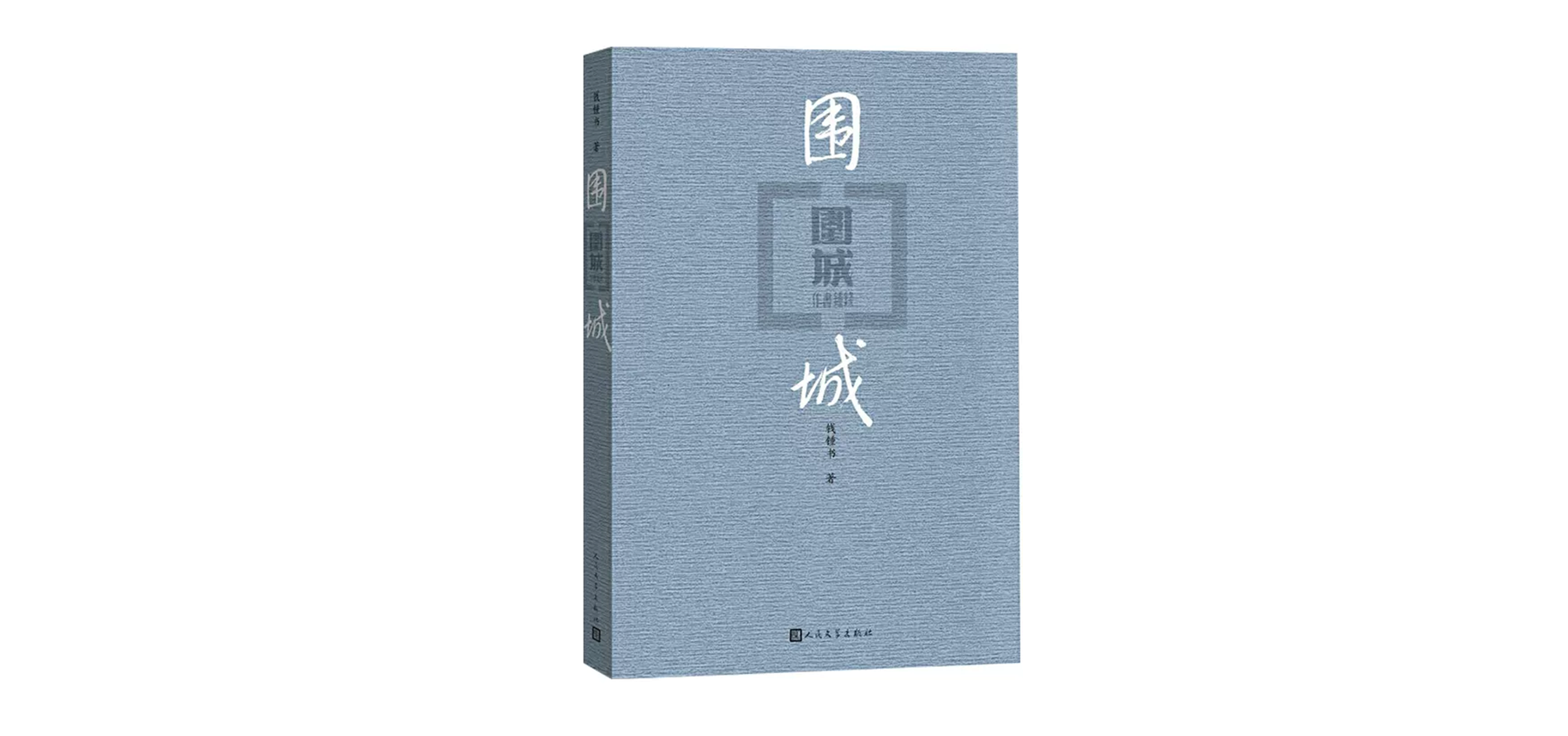MY 100-Day English -55

Summary. The ability to bounce back from setbacks is often described as the difference between successful and unsuccessful people. Resilience has been shown to positively influence work satisfaction and engagement, as well as overall well-being, and can lower depression levels. But resilience isn’t just a kind of solitary (孤独的) internal “grit (砂砾;勇气,决心)” that allows us to bounce back. New research shows that resilience is also heavily enabled by strong relationships and networks. We can nurture and build our resilience through a wide variety of interactions with people in our personal and professional lives (职业生活中). These interactions can help us to alter the magnitude of the challenge we’re facing. They can help crystalize (使结晶, 使具体化) the meaningful purpose in what we are doing or help us see a path forward to overcome a setback — these are the kinds of interactions that motivate us to persist. Are your relationships broad and deep enough to help support you when you hit setbacks? Here’s an exercise to help you think that through (帮助你思考清楚).
An anesthesiologist (麻醉师) we’ll call Jacob used to describe his job as “90% boredom (厌倦,无聊), 10% horror.” With a few exceptions of challenging surgeries and managing a department of several hundred physicians and nurses, most of the time, Jacob’s role was routine. But that was before the Covid-19 pandemic. Since anesthesiology is not a specialty (专长,特长) that can resort to (依靠,求助于) remote “telemedicine (远程医疗),” Jacob and his team entered an overwhelmed hospital day after day. “For two months, I wasn’t sleeping at night,” he shared with us. “I was sending my team into battle with inadequate (不充分的,不适当的) protection, not even really knowing how many of them might get sick.” The burden of being responsible for both a team he cared deeply about and the lives of a huge volume of patients affected by the pandemic was crushing (惨重的,压坏). Routinely putting in 16-hour days, Jacob was having to determine how and when his team would work in these trying (令人厌烦的, 尝试) circumstances. “There were nights and weekends when some [colleagues] called me and were crying on the phone. Let’s face it, they were scared for their lives.” And Jacob was, too.
But Jacob didn’t break. He and his team have held together as they continued to do their work throughout the pandemic. So what allowed Jacob to endure this period of extraordinary (非凡的;特别的;离奇的) stress? Resilience.
See you tomorrow








